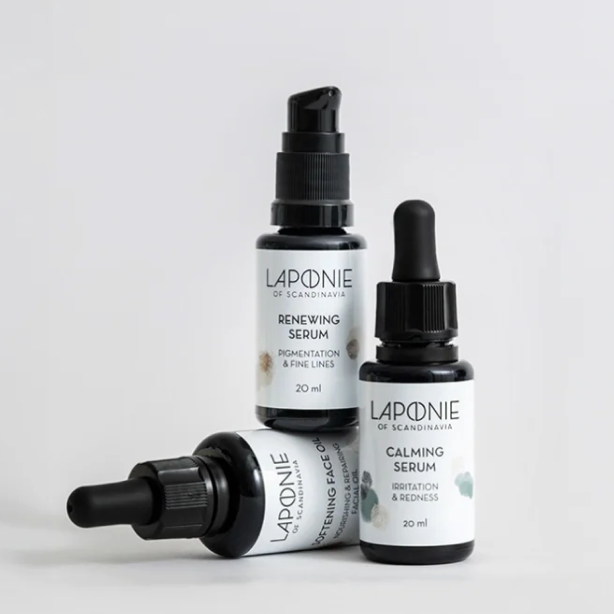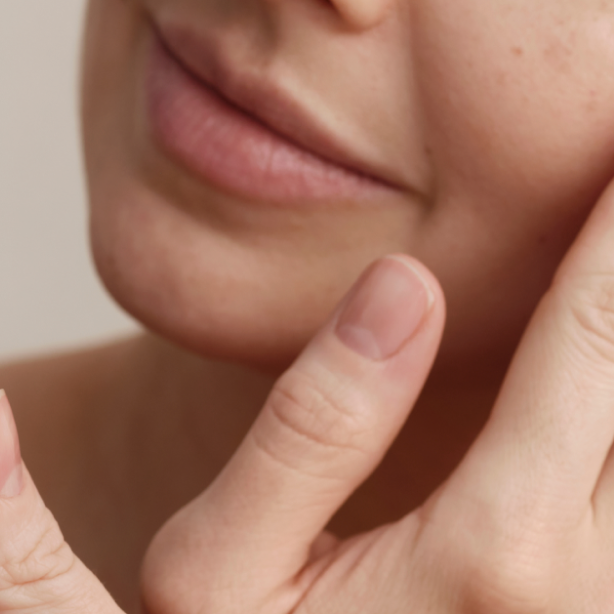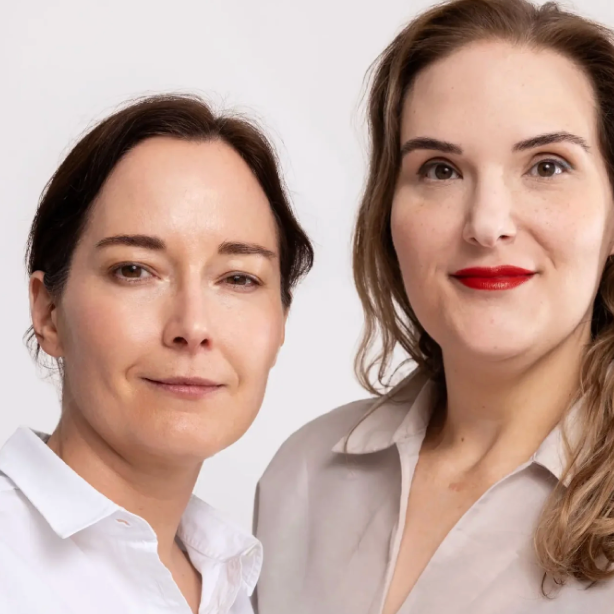
Prevention is the best cure
Use sunscreen. That's it. No really, use it, daily. Sun is by far the biggest factor in premature skin aging and hyperpigmentation (not to mention skin cancer). It's never too late to start protecting your skin from the harmful UV rays of that big yellow baddy. Probably needless to say, but please forget about tanning beds.
Cleanse gently
Don't rub too hard and use gentle cleansers. Older skin tends to be more dry, so choosing a mild cleansing milk or even a cleansing oil might be the play here. Be gentle BUT make sure to cleanse well. Check out our Mild Milk Cleanser and Nourishing Oil Cleanser.
Hydration and moisturisation are the key
Once skin gets older, it tends to get more dry and dehydrated. Wrinkles and fine lines will appear more pronounced when your skin is feeling parched. Extra hydration is essential when the skin is starting to lose its water content, and is easily done with something watery light, like our Balancing Essence. Spray the Essence onto clean skin, wait a bit and then spray one or two more layers before following up with your serums and moisturiser/oil. Always, always top everything up with either a moisturiser or a face oil, to lock all that goody good hydration in.
Is there such a thing as an “anti-aging product”?
Nope, not really. No topical product can turn back time (it's actually forbidden by law for a topical cosmetic product to alter the skin). The only way to actually get rid of wrinkles or lines (if one wishes to do so) is to go through cosmetic procedures, such as botox or fillers.
HOWEVER, there's one ingredient that extensive studies have proven to help in minimizing fine lines, and that is vitamin A, commonly known as retinoids. Retinoids work by increasing skin cell and collagen production, both of which slow down drastically when we get older. Retinoid products come with a pesky drawback tho, as they can be extremely sensitizing and can cause skin peeling. Hence, we can't with a good conscience recommend them to those with sensitive and problem skin.
Ok, so I can't use retinoids, am I doomed?
Also nope, not really. Remember, signs of aging are nothing to be ashamed of. But if you are looking for something similar, take a look at bakuchiol. It's by no means a retinol and even calling it a retinol alternative feels... iffy, but it does share some of the same characteristics (spoiler alert: not the sensitizing ones). Similar to retinoids, bakuchiol works by increasing the collagen production in the skin. It hasn't been studied as profoundly as the vitamin A derivatives, but enough to say that it's a very promising ingredient. For hyperpigmentation and photo-aging, bakuchiol has been shown to inhibit melanin production and at 0,5% to improve elasticity, firmness and even skin tone. In addition, bakuchiol has been proven to not affect TEWL (transepidermal water loss) adversely, which is crucial to skin health but especially for those with sensitive skin. Bakuchiol is also an antioxidant, so it protects the skin from free radicals, which are also a big factor in skin aging.
Take a look at our Renewing Serum (formerly known as the Brightening Treatment), which is our bakuchiol powerhouse. It's also hydrating, giving skin the water it so badly thirsts for and contains repairing and softening argan oil to lock it all in.



